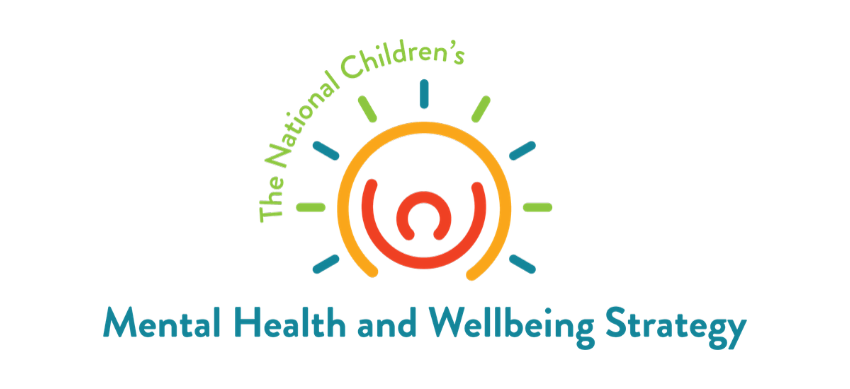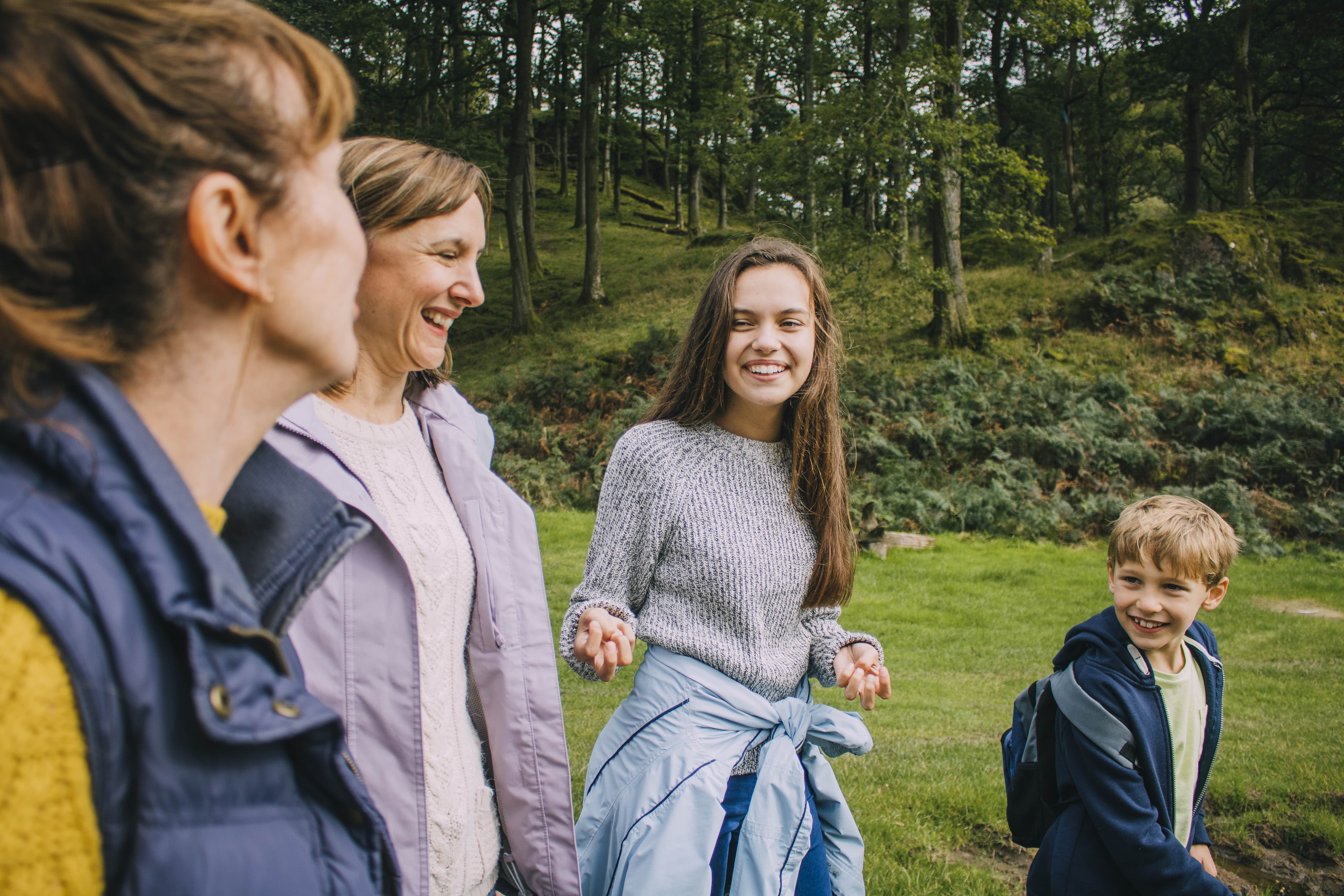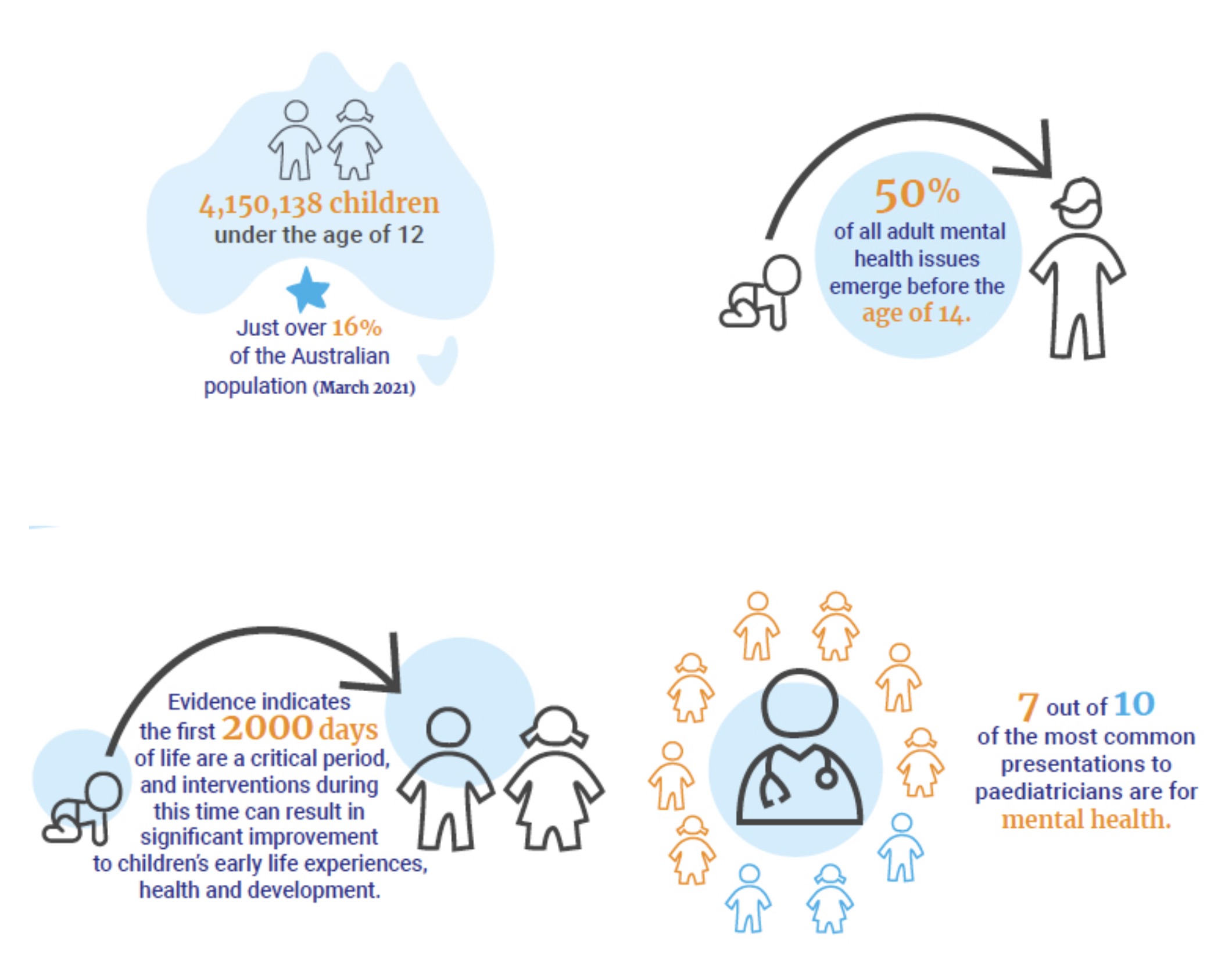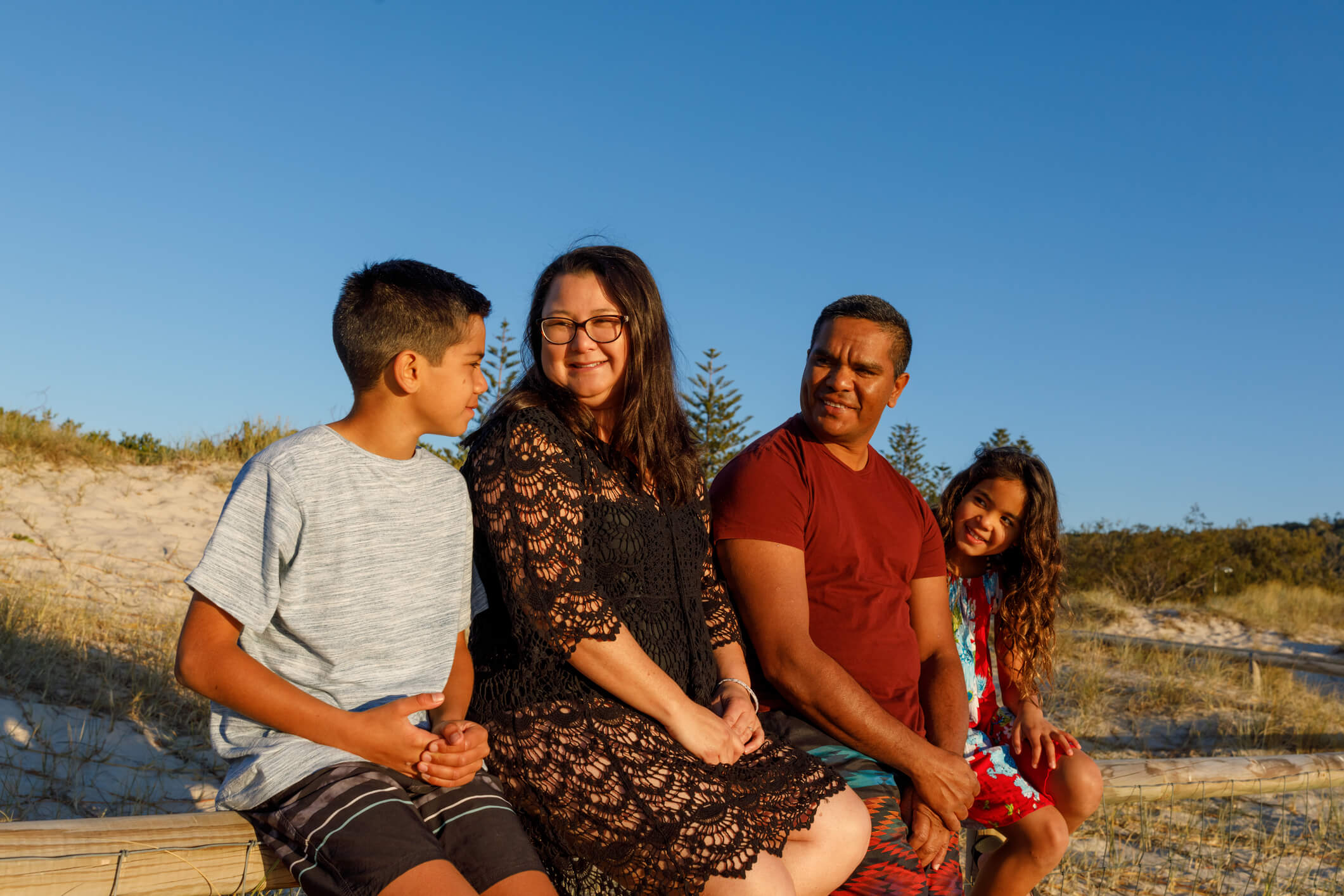0:07
hello everyone and thank you for joining
0:09
me for the launch of the national
0:11
children's mental health strategy
0:14
2021
0:16
firstly i'd like to acknowledge the
0:18
traditional owners on all the lands on
0:20
which we're meeting today and
0:22
pay my respects to their elders past
0:24
present and emerging
0:26
i'm very happy to be living here on
0:29
wajak nang abuja in perth in western
0:31
australia
0:32
and i'm grateful that this country has
0:34
been so well looked after that i get to
0:36
live here and raise my children
0:39
so this is me i'm from the pilbara
0:41
region in western australia although i
0:43
grew up in perth
0:45
but my homelands are in the pilbara
0:47
region around marble bar and i'm a pelco
0:50
woman
Generational Stories
0:51
and of course knowing who you are and
0:53
where you come from is really important
0:55
to mental health and so are our
0:57
generational stories of our families so
1:00
this is my grandmother and mom and
1:03
this is me with my first child and i
1:05
think that the foundations to our mental
1:08
health actually start here with our
1:09
families so as my grandmother holds my
1:12
mum my mum holds me and i hold my first
1:15
child and this is establishing good
1:17
mental health and wellbeing and
1:19
resilience throughout the generations
Why Focus on Children
1:22
so why is it important to focus on
1:24
infant and children in particular and
1:26
i'm really pleased that the government
1:29
decided to do a 0-12 strategy
1:32
because this is a an area of focus that
1:34
hasn't received a lot of attention in
1:36
recent years
1:37
at this point i also just want to thank
1:39
everyone who's been involved in the
1:41
development of the strategy
1:43
it was a lot of hard work for everyone
1:44
involved and i think that they've done a
1:46
really fantastic job
1:48
so why focus on on children well we know
1:52
and the science is in fact very clear
1:54
that the early years offer both the
1:56
greatest opportunity for development but
1:59
also present a time of considerable risk
2:02
so things really can and do go wrong in
2:04
early childhood and this sets kids on a
2:06
path for poor mental health and
2:08
well-being down the track often not
2:11
manifest until
2:12
the
2:14
youth period or in adulthood but the
2:17
origins of this distress
2:19
actually start in childhood
2:21
so this is a time that we have to focus
2:23
on really building our mental health and
2:25
well-being and our resilience
2:28
if we're going to actually have
2:30
healthy development later on down the
2:32
track
2:33
so we need to focus on building sturdy
2:35
brains through nurturing relationships
2:37
through good experiences that promote
2:39
growth and development through healthy
2:41
environments and through really
2:43
promoting those strong social and
2:45
emotional developing mental milestones
2:48
which are actually critical for our
2:49
development later
2:51
and of course if we do all of that then
2:53
this will establish the foundations for
2:55
well-being and resilience throughout our
2:57
lifespan and if by chance adversity does
3:00
uh we do face adversity later on down
3:03
the track we will be much more able to
3:05
handle these sorts of issues if we've
3:07
got these really strong foundations
3:12
so some of the considerations that we
3:13
also have to think about when we're
3:15
looking at mental health and well-being
3:17
is that most of our mental health
3:19
challenges or disorders actually have
3:20
their origins somewhere in childhood
3:23
sometimes in infancy or in a very early
3:26
childhood most disorders don't really
3:28
just start up in adolescence there are
3:31
some of course that do but for many some
3:34
of their origins or risk factors are
3:36
present early on we also know that there
3:38
are many risk and protective factors
3:40
that we we know about we know how to
3:43
deal with them we know what
3:45
some of the things that will promote the
3:47
protective factors and also some of the
3:48
things that we can do to try and reduce
3:51
risk and we can identify some of this
3:53
within our population
3:55
there's an increasing evidence base for
3:57
really effective interventions from
3:59
infancy right through to adulthood that
4:01
will support healthy development and
4:03
also promote healing and recovery
4:06
and of course if you intervene early
4:08
when the brain is more malleable before
4:10
things have become permanent in terms of
4:13
changes to brain development and
4:14
structure and function
4:16
then this is much easier to intervene at
4:18
this stage so the earlier we intervene
4:21
in life the earlier we intervene into
4:23
stress and in the onset of illness
4:26
the chances for better recovery
4:29
are much much greater so the cost
4:31
benefit for early intervention is
4:33
compelling a small amount of investment
4:36
in childhood to get kids back on track
4:38
is going to yield much better outcomes
4:40
than trying to intervene
4:42
much later down the track when things
4:44
may have caused permanent changes to the
4:46
brain or become entrenched and more
4:48
difficult to shift
Concerns
4:52
of course some of the concerns about the
4:53
service system that have been around for
4:55
some time now is that there has been a
4:57
lack of development and investment in
4:59
clinical services for children
5:01
particularly the under 12s over many
5:04
decades
5:05
there are also very few specialised
5:07
service services that can deal with some
5:09
of the particular issues that develop in
5:11
infants and in young children there are
5:14
lots of gaps in our service system as
5:16
well particularly for those children who
5:18
may have some high risk groups such as
5:20
children in out of home care as well as
5:22
those children who find themselves in
5:24
the juvenile justice system many of
5:26
those children are really at risk for
5:28
later mental health challenges if they
5:29
don't have them already within the
5:31
systems of care they find themselves in
5:34
we also know there are large gaps in
5:35
mental health services in rural and
5:37
remote locations and certainly in some
5:40
of our aboriginal
5:42
communities that
5:44
live in very remote circumstances
5:46
we have currently a very poorly trained
5:49
and fragmented service system we we have
5:52
a lack of staff and development and
5:55
support
5:57
and of course what we've seen is a rapid
6:00
rise in demand for mental health
6:02
services for children and and young
6:04
people in recent years and even more so
6:07
in the covered years and this has far
6:09
exceeded the services capacity to
6:12
actually meet
6:13
any sort of current levels of need
6:16
so we've got a long way to go but
6:18
hopefully this strategy will address
6:19
some of these concerns by getting in
6:22
early having a much stronger
6:24
collaborative approach from primary care
6:26
right through to the specialist service
6:28
system
6:29
and promote that sort of
6:33
focus on children's mental health and
6:35
well-being for everybody
Summary
6:37
so just to leave you with something a
6:39
little bit more positive we know that if
6:41
we give children the best start the
6:44
right start in life and development then
6:46
they are going to grow into happy
6:49
healthy adults
6:51
and although we
6:53
have many stories to tell wouldn't it be
6:55
nice if we could tell the best story of
6:57
all and that is we put in the investment
7:00
that was required we built the systems
7:02
of care that we needed and it didn't
7:04
matter who you were or where you lived
7:07
or who your family was
7:09
every child got the chance to achieve
7:11
the best possible well-being
7:14
and that would be a great story to tell
7:16
thank you

 In Australia, half of all adult mental health challenges emerge before the age of 14 and more than 50% of children experiencing mental health challenges are not receiving professional help.
In Australia, half of all adult mental health challenges emerge before the age of 14 and more than 50% of children experiencing mental health challenges are not receiving professional help. The National Mental Health Commission has developed the National Children’s Mental Health and Wellbeing Strategy as part of the Australian Government’s long-term national health plan. This is the first time a national government has developed a strategy that considers mental health and wellbeing outcomes for children from birth to 12 years of age, as well as their families and communities who nurture them.
The National Mental Health Commission has developed the National Children’s Mental Health and Wellbeing Strategy as part of the Australian Government’s long-term national health plan. This is the first time a national government has developed a strategy that considers mental health and wellbeing outcomes for children from birth to 12 years of age, as well as their families and communities who nurture them.
 It provides a framework to guide crucial investment in the mental health and wellbeing of children and their families.
It provides a framework to guide crucial investment in the mental health and wellbeing of children and their families.